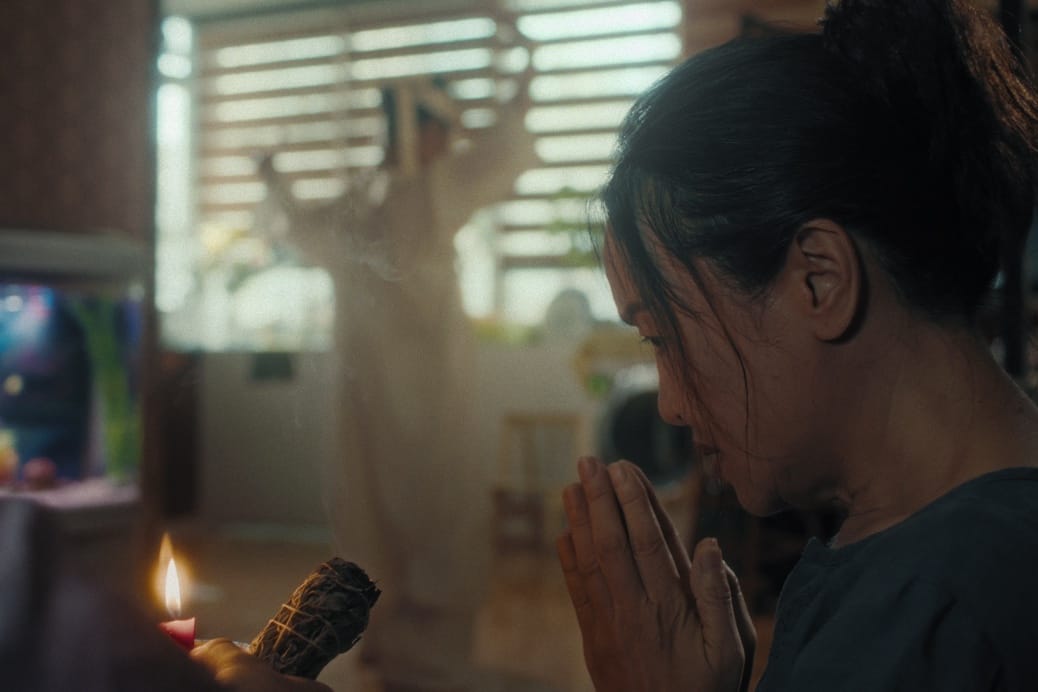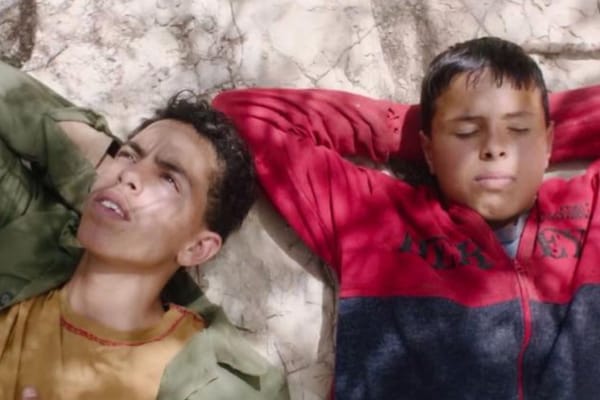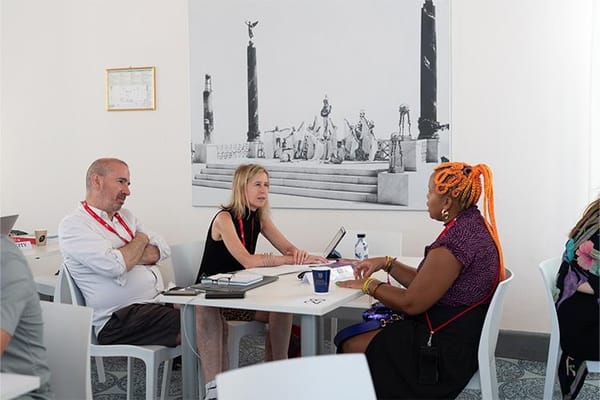What Venice & Toronto Revealed About The Current State Of World Cinema

After a relatively buoyant if not exemplary Cannes, this year’s autumn festival season is expected to be a bellwether of the current health of the global film industry. Do we still have an independent sales business? Do we have many strong awards contenders, despite Hollywood strikes and other disruptions? Will box office ever recover; does it matter if it doesn’t, and what role do film festivals play in this changing landscape? Which regions of the world are thriving cinematically, or at least creatively, and which are struggling?
This free edition of Streamlined looks at some of those questions as Venice and Toronto film festivals draw to a close. Going forward, Streamlined’s free editions will continue to include news roundups and festival wraps, while the paid editions, the Streamlined Guides, will contain territory reports, talent guides and in-depth analysis. Coming soon in Streamlined Guides – a report on the top writers and showrunners in India’s booming web series industry. If you haven’t subscribed already, hit the link here to access all the past reports, including deep dives into Vietnam and the Philippines, and upcoming guides on Indonesia, how indie films are faring at the China box office, Korean uber producers and much more..
Arab & Southeast Asian Cinema Continue Winning Streak
In keeping with other recent festivals, Southeast Asia and the Arab world continued to be interesting cinematic regions to watch at Venice and Toronto, at least in terms of consistent output, although many other regions threw up the odd noteworthy title.
Don’t Cry, Butterfly, from Vietnam’s Duong Dieu Linh, about a housewife using magic to win back her straying husband, won the Grand Prize in Venice Critics Week, as well as the Verona Film Club Award for Most Innovative Film. Surveillance thriller Stranger Eyes, from Singapore’s Yeo Siew Hua, played in Venice’s main competition, and Filipino auteur Lav Diaz’s Phantosmia premiered out of competition, and while neither won awards, they were both positively reviewed. Further Southeast Asian titles, including Antoinette Jadaone’s Sunshine and Tumpal Tampubolon’s Crocodile Tears, premiered in Toronto.
While all this is encouraging, Southeast Asian cinema needs to start pulling in more private financing to continue this strong festival run, as most of these films are financed through public subsidies, and funding from Taiwan and Southeast Asian countries is looking uncertain. We all know how this trajectory plays out..
Arab cinema is currently another strong region, a coming-of-age of sorts after several years of sustained effort from various support programmes. Standouts at Venice including Scandar Copti’s Happy Holidays, about an Arab family living in Israel, which won best screenplay in Horizons; Egyptian filmmaker Muhammed Hamdy’s ultra arthouse but visually mesmerising Perfumed With Mint; and Mehdi M. Barsaoui’s Aicha, about a Tunisian woman who grabs an unexpected chance for reinvention. Also winning praise was Hind Meddeb’s documentary Sudan, Remember Us, capturing the country’s troubled experiences since 2019, when hope seemed possible, to the on-going and seemingly never-ending war.
Chinese Documentary & Korean Revival
Not surprisingly, Chinese documentary continues to be at its most interesting when the filmmakers concerned are working outside the Chinese financing and censorship system. The second and third installments in Wang Bing’s documentary trilogy about migrant workers – Youth (Hard Times) and Youth (Homecoming) – both received glowing reviews, with the former winning a special mention and the FIPRESCI prize in Locarno and the latter selected for Venice competition. An unexpected standout in Venice Horizons was Elizabeth Lo’s Mistress Dispeller, a doc about a woman who specialises in breaking up extramarital affairs, which critics agreed touched on poignant issues beyond infidelity.
To read the rest of this article, subscribe to the ‘Streamlined’ newsletter: STREAMLINED




